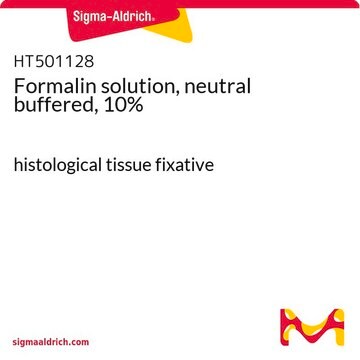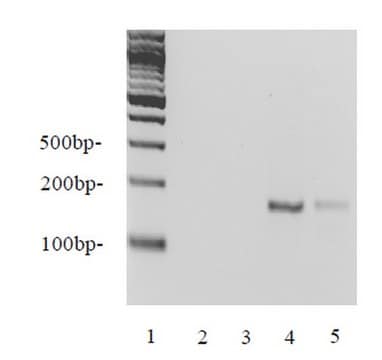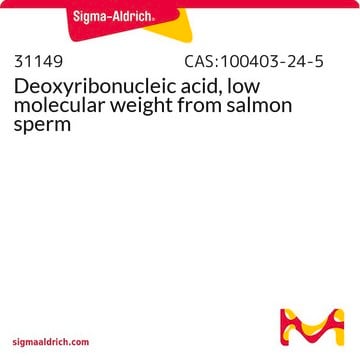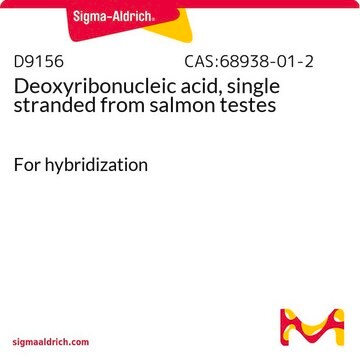16-157
Protein A Agarose/Salmon Sperm DNA, 2.5 mL
for use in chromatin immunoprecipitations (ChIP assays)
Synonym(s):
ChIP agarose beads, ChIP agaraose A beads, ChIP assays
About This Item
Recommended Products
biological source
Staphylococcus aureus
Quality Level
form
liquid
manufacturer/tradename
Upstate®
technique(s)
ChIP: suitable
suitability
suitable for immunoprecipitation
shipped in
wet ice
General description
Application
Quality
Physical form
Legal Information
Storage Class Code
12 - Non Combustible Liquids
WGK
WGK 1
Flash Point(F)
Not applicable
Flash Point(C)
Not applicable
Certificates of Analysis (COA)
Search for Certificates of Analysis (COA) by entering the products Lot/Batch Number. Lot and Batch Numbers can be found on a product’s label following the words ‘Lot’ or ‘Batch’.
Already Own This Product?
Find documentation for the products that you have recently purchased in the Document Library.
Customers Also Viewed
Related Content
Protein and nucleic acid interaction reagents and resources for investing protein-RNA, protein-DNA, and protein-protein interactions and associated applications.
Our team of scientists has experience in all areas of research including Life Science, Material Science, Chemical Synthesis, Chromatography, Analytical and many others.
Contact Technical Service













